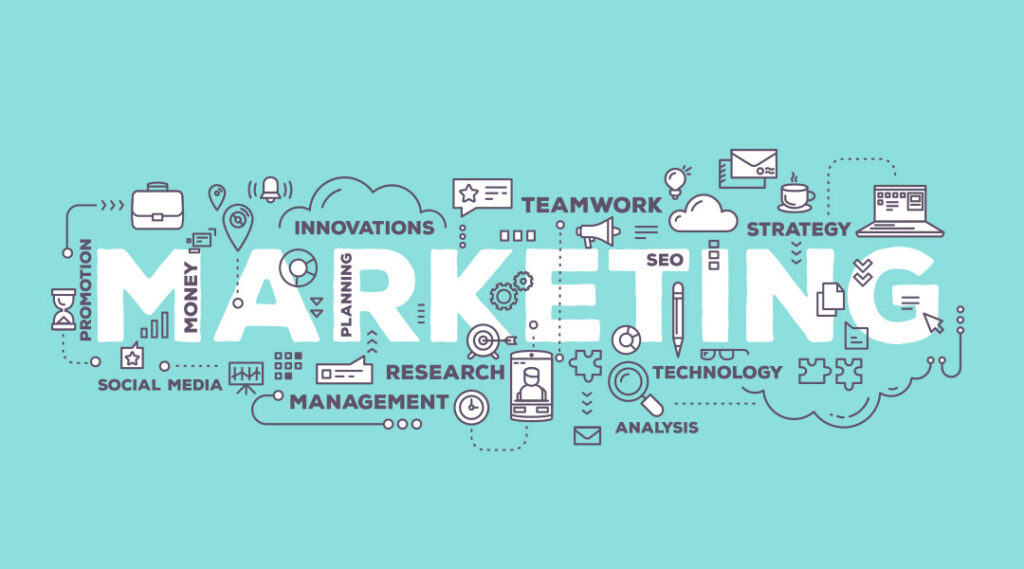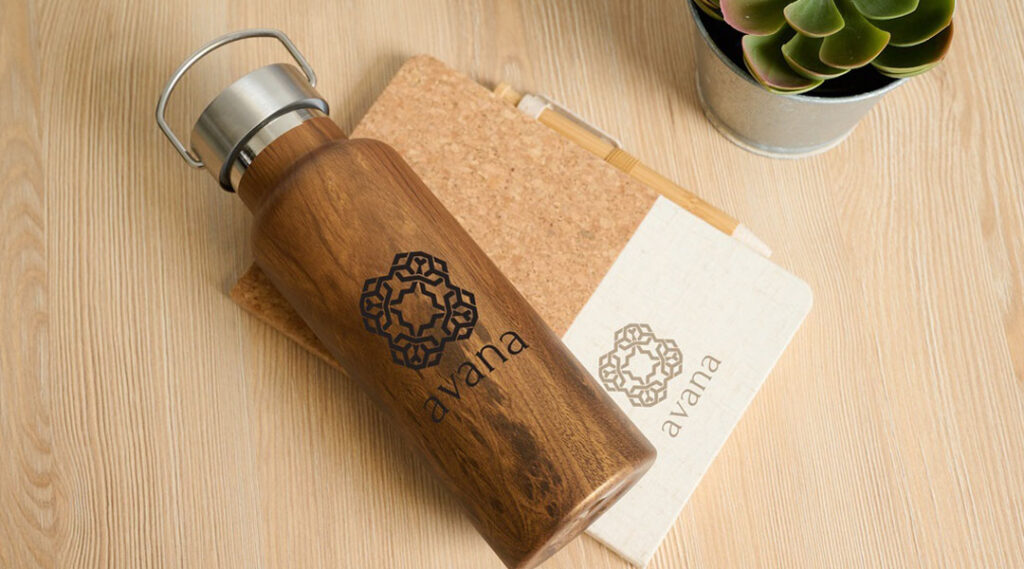
In marketing, two main approaches stand out: direct marketing and indirect marketing. Understanding how they work allows you to reach your target audience more effectively and position your brand successfully. Let’s take a closer look at both approaches, how they differ, and how branded merchandise can support them.
What Is Direct Marketing?
Direct marketing is the more traditional approach, where the message is delivered quickly and clearly to the target audience. This can take the form of adverts, email campaigns, direct mail, or even telemarketing. The main advantage is speed – you can generate fast reactions and measure results easily. However, cutting through the noise without being intrusive remains a challenge.

Advantages of direct marketing:
- • Quick reactions: direct campaigns can trigger immediate responses from customers.
- • Measurable results: campaigns are often easy to track and analyse.
- • Precise targeting: messages can be tailored to specific audience groups.
- • Cost-effective options: some methods can be cheaper than large-scale traditional advertising.
Drawbacks:
- • Risk of annoyance: unwanted emails or repeated calls can be seen as intrusive.
- • Higher acquisition costs: particularly if campaigns are highly personalised.
- • Less credibility: direct ads are sometimes viewed as less trustworthy.
What Is Indirect Marketing?
Indirect marketing focuses on raising brand awareness and building relationships more subtly. This might involve content marketing, storytelling, product placement, social media activity, or sponsorship. While results are slower to appear, the long-term benefit is stronger customer loyalty and a positive brand image.

Advantages of indirect marketing:
- • Long-term loyalty: builds sustainable relationships with customers.
- • Stronger brand image: helps to shape and reinforce your brand identity.
- • Viral potential: shareable campaigns on social media can spread quickly without added cost.
Drawbacks:
- • Slower results: impact takes longer to measure compared to direct campaigns.
- • ROI is harder to track: linking activity directly to sales can be difficult.
- • Sometimes limited reach: certain methods don’t scale as widely as direct advertising.
Why Combine Both Approaches?
The most effective strategies often blend direct and indirect techniques. Together, they can boost sales, improve customer loyalty, and strengthen your brand presence.
For example:
- • Pair storytelling with paid advertising.
- • Support social media campaigns with email marketing.
- • Use content marketing to prepare audiences before presenting them with a direct purchase incentive.
This synergy ensures that your audience is both engaged emotionally and motivated to take action.
Where Do Branded Merchandise Products Fit In?

Promotional products are powerful tools that work across both approaches. Whether used directly as an incentive or indirectly to reinforce your brand identity, merchandise bridges the gap between marketing methods.
As direct incentives:
- • Encouraging purchases: a free branded tote bag or water bottle can push customers to buy.
- • Driving interaction: merchandise giveaways can motivate people to fill in a form, sign up for a newsletter, or visit your website.
As brand builders:
- • Everyday reminders: items like branded mugs or pens keep your logo visible daily.
- • Customer loyalty: thoughtful gifts reward repeat clients and strengthen long-term relationships.
- • Viral potential: attractive products (such as eco-friendly drinkware or tech accessories) can spark conversations and social shares.
Ultimately, promotional merchandise increases brand recognition, fosters loyalty, and creates personal connections with prospects. Browse our extensive catalogue of branded merchandise – from cooler bags and reusable bottles to notebooks – and start weaving them into your marketing strategy today.
The Future of Marketing: Trends to Watch
Consumer behaviour is constantly evolving. With new platforms and technologies emerging, marketing continues to transform. Data-driven personalisation and digital-first strategies are becoming more important, but sustainability and social responsibility are also climbing the priority list.
Businesses that adapt to these shifts – combining direct and indirect tactics with smart use of branded merchandise – will be best placed to succeed long term.
👉 Key takeaway: Direct marketing gets fast results, indirect marketing builds trust, and branded merchandise adds a tangible, lasting impact. Together, they form a powerful mix for businesses in the UK promotional products industry.